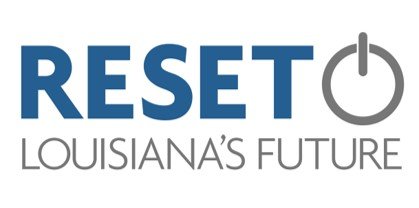CNBC recently named Kansas No. 19 on its list of America’s Top States for Business, according to Americans for Tax Fairness. The rating came as a surprise because Kansas, like Louisiana, seven years ago cut taxes for the wealthy and suffered nine rounds of budget cuts, three credit downgrades and missed state payments.
Kansas also tapped into state reserves set aside for future spending, postponed construction projects and pension contributions and cut Medicaid, the federal-state health care program for low-income Americans.
Louisiana repealed a 2002 income tax increase in 2008. The tax reductions in both states came at the request of former Republican Governors Bobby Jindal of Louisiana and Sam Brownback of Kansas. The GOP also controlled the legislatures in both states.
The day of reckoning for Louisiana came in 2016 when Democratic Gov. John Bel Edwards inherited a $2 billion shortfall when he took office. With the help of Republican legislators, tax increases totaling $1.6 billion saved the day and helped create a small surplus three years later.
Kansas’s legislators didn’t wait for a change of governors. In 2017, they repealed the earlier tax cuts, overrode the governor’s veto and turned a $350 million deficit into a budget surplus by the end of 2018. Kansas also elected Laura Kelly, a Democratic governor who took office in January.
Louisiana is a long way from becoming a top state for business, ranking in the bottom 10. However, the Pelican state is No. 2 in the South for Economic Development Efforts. The Council for a Better Louisiana (CABL) credits the No. 2 rating to the fact the state’s industrial sector has been here a long time and the area is more welcoming to that kind of industry.
How does the state improve its business rating? CABL said those ratings are based on 10 indicators, and Louisiana earns no better than a “D” on eight of them. The two strong points are the cost of doing business and the cost of living. The other areas are workforce, infrastructure, education, business friendliness and the overall strength of the state economy.
CABL said, “So, the question is, are we willing to look at the challenges highlighted by things like the CNBC rankings and take the steps we need to propel us forward?”
Louisiana is overdue at making that commitment, and we have to realize that changes won’t come overnight. However, the approaching statewide election is a perfect time to tell the candidates we want public officials who are willing to begin making the tough choices necessary to eventually get us there.
